Human Food Your Dog Should Never Eat
The Ultimate Toxic Food Guide
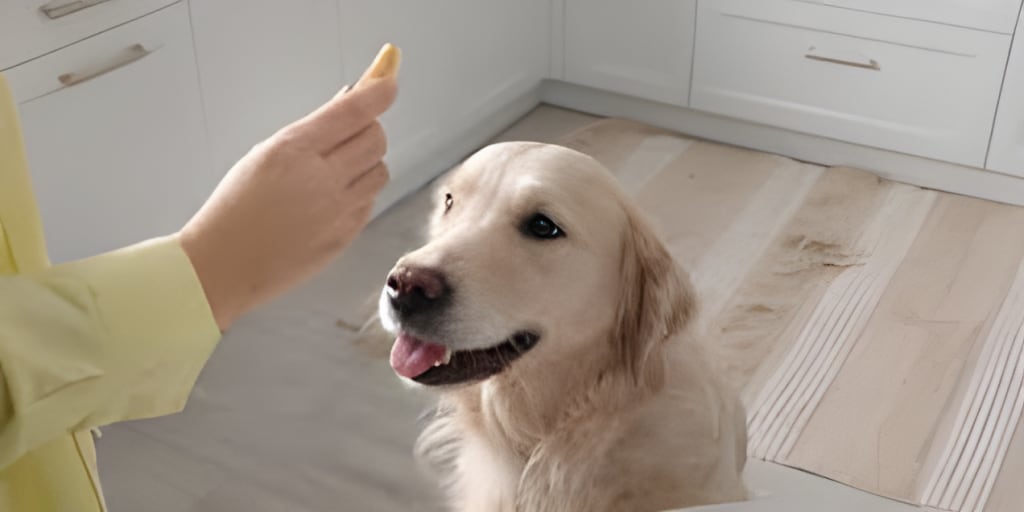
Our dogs are like family, and we want to see them happy and healthy. Sometimes, that includes sharing a bite of our snack. But even with the best intentions, some seemingly harmless foods can be extremely hazardous or potentially dangerous for our canine friends.
If your dog eats something it shouldn’t, the most common symptoms may include vomiting, diarrhea, tiredness, shaking, or seizures. Get immediate veterinary care if you see any of these signs.
Toxic Foods by Category.
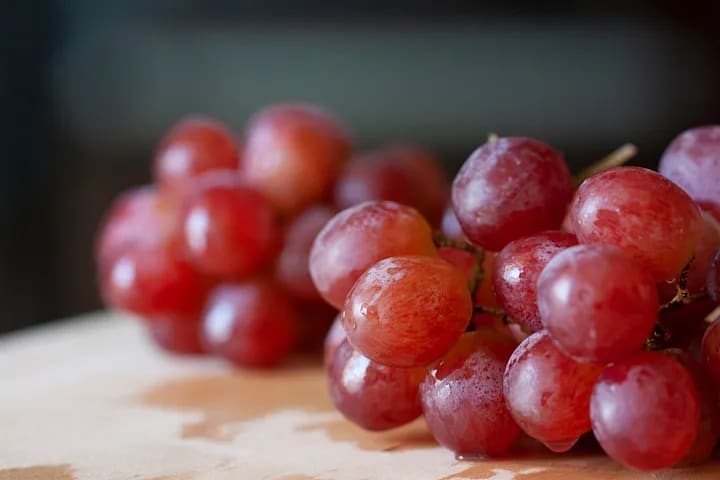
Fruits & Vegetables to Avoid for Dogs
Grapes & Raisins: These seemingly innocent snacks can cause severe kidney damage and even kidney failure in dogs.
Avocado: The pit, skin, and leaves of avocados contain persin, a toxin that can cause vomiting, diarrhea, and breathing difficulties in dogs.
Onions, Garlic, Chives, and Leeks: Whether raw, cooked, or powdered, these allium vegetables contain compounds that damage a dog’s red blood cells, leading to anemia.
Xylitol-Containing Foods: This sugar substitute, commonly found in sugar-free gum, candy, baked goods, and some peanut butter brands, can cause a rapid drop in blood sugar and liver damage in dogs.
Citrus Fruits (Oranges, Lemons, Limes): While small amounts might not be fatal, the citric acid in these fruits can cause digestive upset. The peels and seeds pose additional risks.
Cherry, Apple, Apricot, Plum, and Peach Pits: These pits contain cyanide, a poisonous substance, and a choking hazard.
Wild Mushrooms: Many wild mushroom varieties are highly toxic to dogs. Never allow your dog to snack on unidentified mushrooms.
Unripe Tomatoes: Green tomatoes and the tomato plant contain solanine, which can be dangerous to dogs.
Rhubarb Leaves: These leaves contain oxalic acid, which can damage the kidneys.
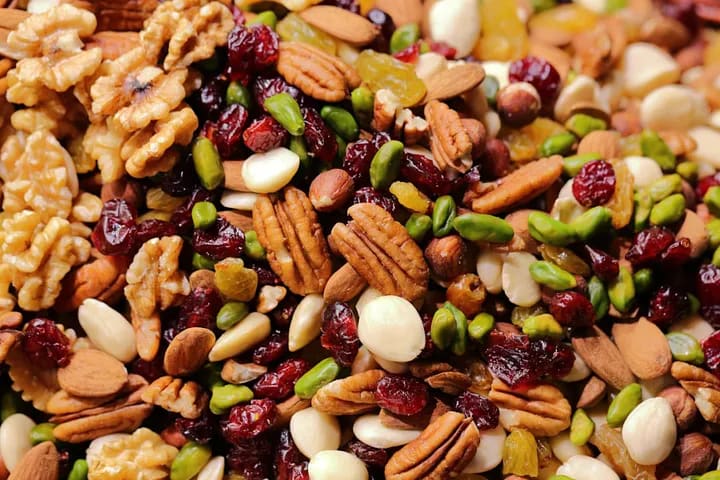
Nuts & Seeds
Macadamia Nuts: These are among the most toxic foods for dogs. Even a small amount can cause vomiting, weakness, tremors, and hyperthermia (overheating).
Walnuts: While less harmful than macadamia nuts, walnuts—especially moldy ones—can lead to gastrointestinal upset and potential blockages.
Almonds: Although not typically fatal, almonds are hard to digest and pose a choking hazard, particularly for smaller dogs.
Pecans: These nuts can cause digestive issues and may contain juglone, a toxin that can be dangerous to dogs.
Apple Seeds: Comparable to pear, plum, and cherry seeds, apple seeds contain trace amounts of cyanide.
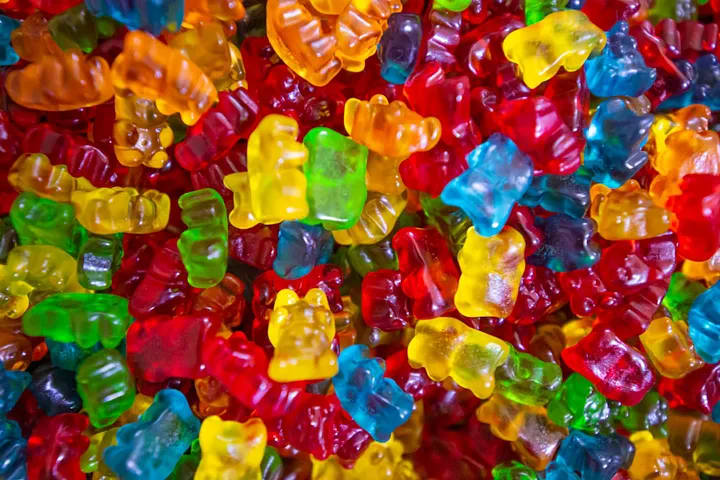
Snacks & Sweets
Chocolate: The darker the chocolate, the higher the concentration of theobromine, a stimulant toxic to dogs. Symptoms can range from digestive upset to tremors, seizures, and even heart problems.
Candy, Gum, Baked Goods: Beyond their high sugar content, the greatest danger lies in xylitol. Always check your labels!
Salty Snacks (Chips, Pretzels, Popcorn): Excessive salt can lead to sodium ion poisoning, causing severe thirst, vomiting, seizures, and, in extreme cases, death.
Sugary Drinks (Soda, Juice): The sugar overload is detrimental to a dog’s dental health and contributes to weight gain and related issues.
Ice Cream/Dairy: Many dogs are lactose intolerant, so dairy treats often lead to gas, bloating, and diarrhea.
Now, let's dive into the next category of dangerous foods—those tempting human meals that dogs should avoid.
Let’s dive into the next category of dangerous foods – those tempting human meals dogs should avoid.

Human Foods to Avoid
Cooked Bones: Unlike raw bones, cooked bones become brittle and prone to splintering. These shards can puncture the esophagus, stomach, or intestines, leading to serious injury.
Raw Meat/Fish (unless specifically prepared for pet consumption): While raw feeding is popular, raw meat and fish carry a high risk of bacterial contamination (salmonella, E.coli) and parasites, which can make your dog very sick.
Raw Eggs: Not only do raw eggs pose the same bacterial risks as raw meat, but they also contain an enzyme that inhibits vitamin absorption, potentially leading to skin and coat issues over time.
Fatty Table Scraps: Pan drippings, bacon grease, and steak trimmings can cause pancreatitis, a painful and sometimes severe inflammation of the pancreas.
Bread Dough: Raw yeast dough can expand in a dog’s stomach, causing bloating and discomfort. Worse, the fermenting yeast produces alcohol, creating a risk of alcohol poisoning.
Mouldy or Spoiled Food: "If you wouldn’t eat it, neither should your dog!” Decaying food can contain toxins harmful to humans and even more so to pets.
Bread Dough: Raw yeast dough can expand in a dog’s stomach, causing bloating and discomfort. Worse, the fermenting yeast produces alcohol, creating a risk of alcohol poisoning.
Mouldy or spoiled food: “If you wouldn’t eat it, neither should your dog!” Decaying food can contain toxins harmful to humans and even more so to pets.
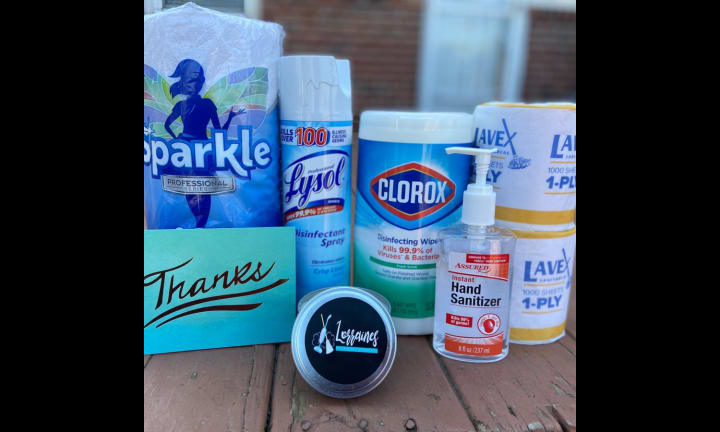
Other Potential Hazards
Medications (human or pet, unless vet-prescribed): Pills can be inviting to dogs, and accidental ingestion can have severe consequences. Store all pills securely out of reach.
Cleaning Products: Household cleaners, if ingested, can cause burns, ulcers, and respiratory problems.
Toxic Plants: Many common houseplants, such as lilies and aloe, are poisonous to dogs. Familiarise yourself with the dangerous ones.
Insecticides/Rodenticides: These products are designed to kill pests, but pets can become unintended victims.
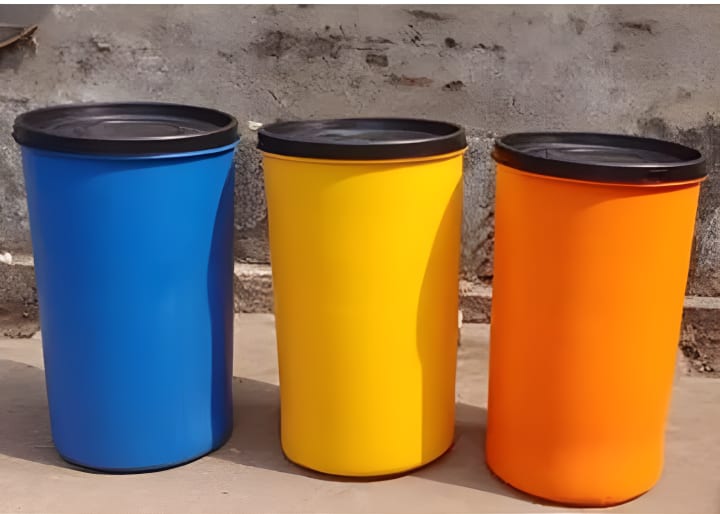
Additional Tips
Food Storage: Invest in dog-proof containers for food and treats. Train your dog that countertops and tables are off-limits.
Training: Teach the “leave it” and “drop it” commands—these could be lifesavers if your dog snatches something they shouldn’t.
Portion Control: Even with safe foods, overfeeding can lead to obesity and related health problems. Measure out meals to ensure healthy portions.
While the list of potential dangers might seem overwhelming, don’t let fear dictate your interactions with your canine companion. Instead, empower yourself with knowledge. By staying informed, practicing responsible habits, and sharing this information, we can all create a safer, happier, and healthier world for our beloved dogs.
Conclusion:
While the list of potential dangers might seem overwhelming, don’t let fear dictate your interactions with your canine companion. Instead, empower yourself with knowledge. By staying informed, practicing responsible habits, and sharing this information, we can create a safer, happier, and healthier world for our beloved dogs.
Ensuring our dogs' safety involves more than just providing love, care, and supplies—it's also about being informed and vigilant about their diet. Most common foods, though harmless to us, can pose serious health risks to our canine companions. From fruits like grapes and avocados to nuts such as macadamias and walnuts, and even ordinary household items like chocolate and bread dough, the list of potential hazards is extensive. It's crucial to understand the symptoms of food poisoning in dogs, such as vomiting, diarrhea, and seizures, and seek immediate veterinary care if needed. Additionally, keeping hazardous foods and substances out of reach, training dogs with commands like "leave it" and "drop it," and maintaining proper portion control are essential practices. By staying informed and cautious, we can create a safer environment and ensure a healthier, happier life for our beloved furry friends.
About the Creator
John Wick
I am a dedicated writer with over three years of experience in the pet niche, specializing in various pet categories. I bring knowledge & passion to my writing. Currently, I contribute articles to petdailykit.com.
Enjoyed the story? Support the Creator.
Subscribe for free to receive all their stories in your feed. You could also pledge your support or give them a one-off tip, letting them know you appreciate their work.


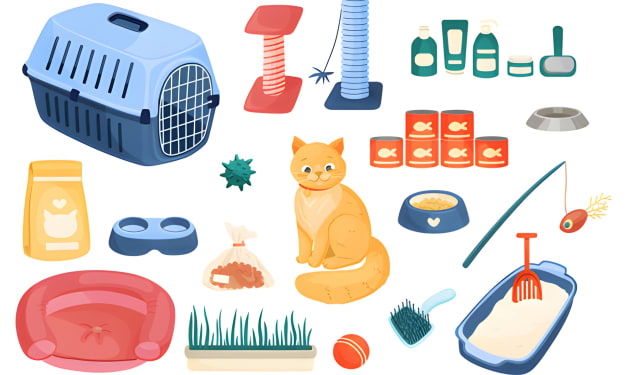

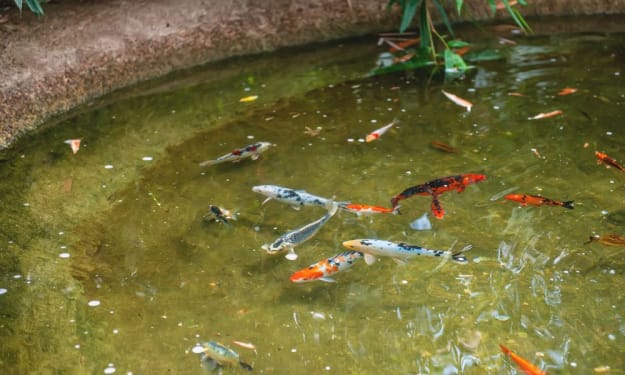

Comments (1)
images quality are too good